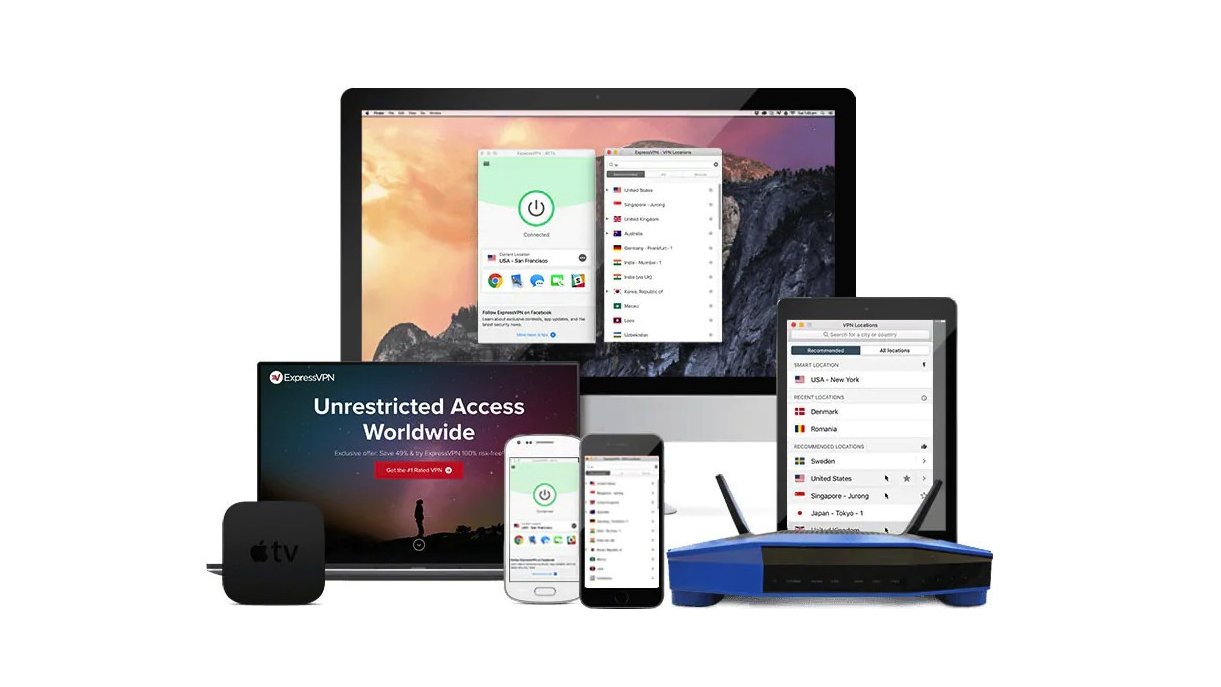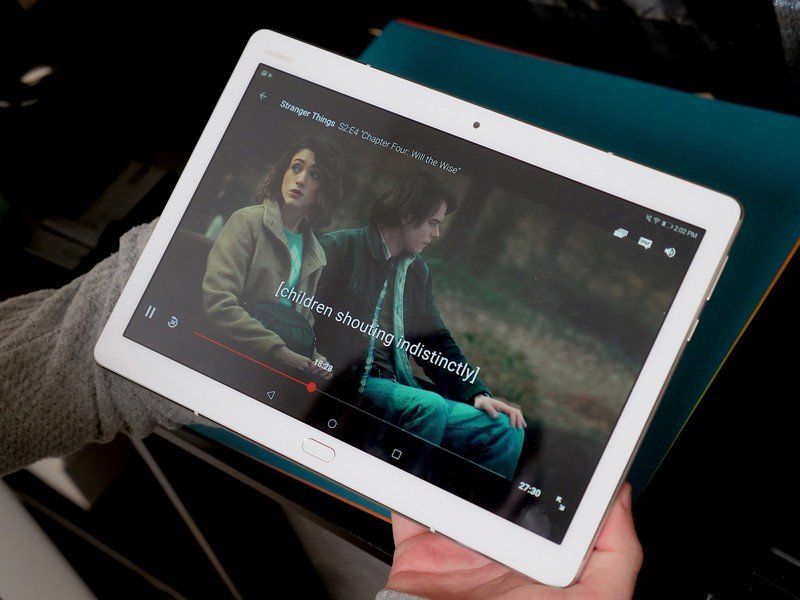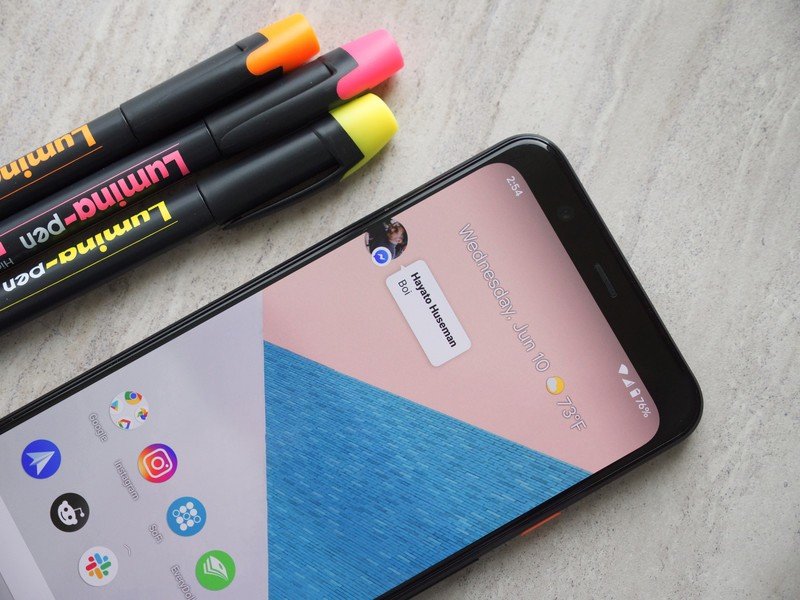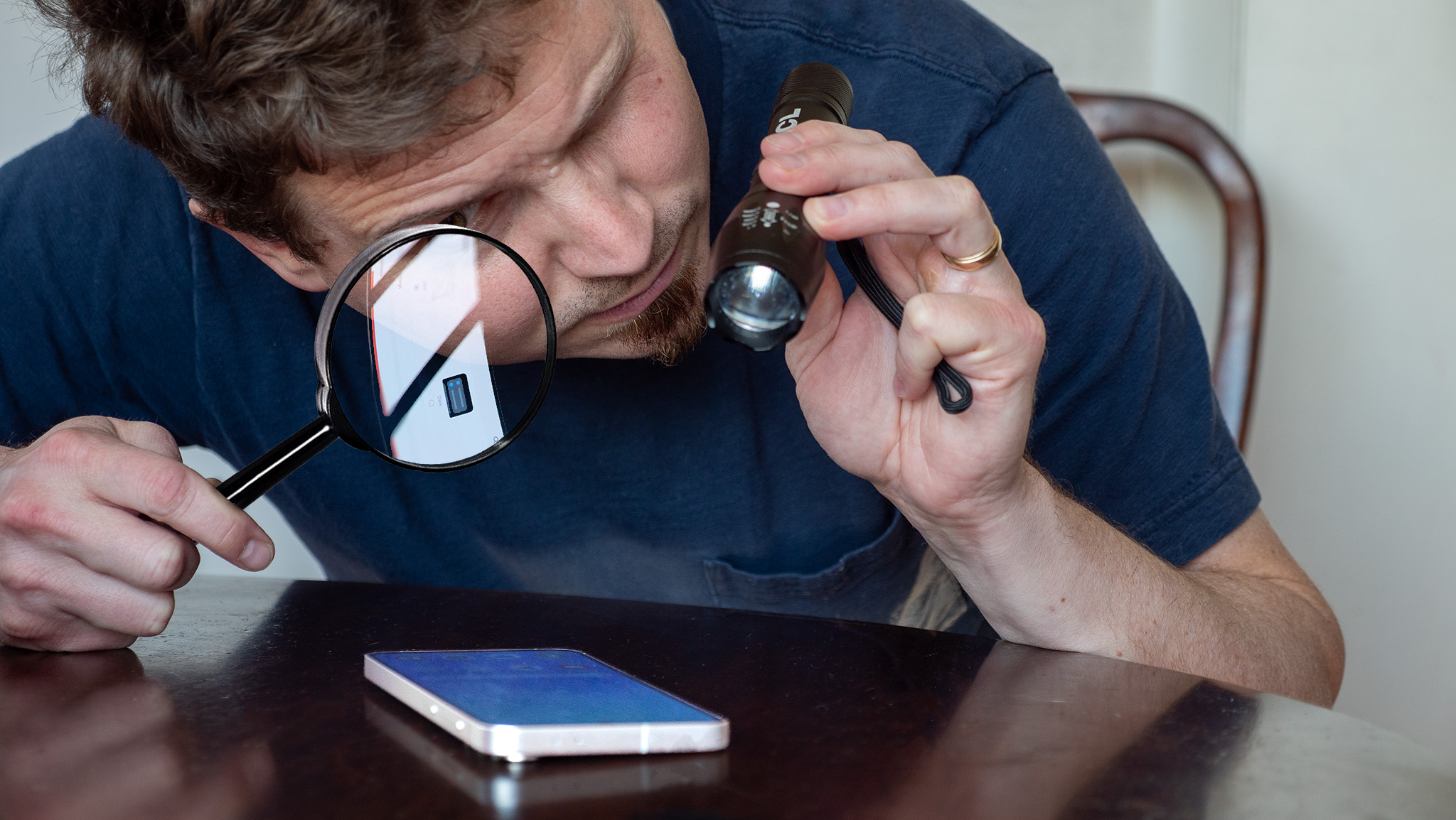VPN uses: 14 things you didn't know a VPN could do

A virtual private network, or VPN, keeps your online activity secure from snooping by masking your identity and location. It does this by creating an encrypted "tunnel" to the server run by your VPN of choice, redirecting your internet connection there and spitting it out the other side with a different IP address than your own.
You'll usually have to pay for the privilege via a monthly or annual subscription fee, with the latter the best option if you're after a deal and can pay upfront. If you've never used one before, it might seem like a bit of an unnecessary expense but there are lots of situations where a VPN might come in handy. First and foremost, the extra security offered by a VPN is great for peace of mind – especially when you're browsing the internet on a public Wi-Fi network.
These networks are often unsecured, which means they're open to abuse from those in the know. Some are even set up by nefarious types for that very reason, and might look legit, but aren't. When you think of all the things you share online, having a VPN in your arsenal to protect you and your data – just in case – isn't a bad idea at all.
VPNs can still come in useful when you're in the comfort of your own home too, keeping you anonymous online and ensuring your browsing habits are safe from the prying eyes of your internet service provider. While some countries only store it for a period of time, if you're in the States, your ISP can now sell your anonymized data and make money off of it. That's a bit of a liberty, if you ask us. A VPN gives you back the control of your data and who gets to see it. While those are the two biggies, there are also lots of more frivolous reasons you might find an ISP useful. These include unblocking streamed content from the likes of Netflix or BBC iPlayer when you're abroad, safe (and legal) torrenting for P2P sharing and dodging the online price trackers that inflate the cost of your purchases to urge you to buy.
How does a VPN work?
So now we know what a VPN does, how does it do it? Well, when you connect to a VPN, it creates an encrypted "tunnel" between your computer or your router and the VPN's server, through which you connect to the web.
All your online activity is basically re-routed via the VPN server, along with thousands of others using it, keeping you anonymous and your activity and location private. While your internet service provider will be able to see that you're connected to a private server, it won't be able to see what's being transferred.
That's all thanks to encryption, which ensures the data you send can't be intercepted or read by others. It uses a process called encapsulation, which basically packages up your data in a clever way before transferring it. It is then decrypted securely upon arrival at the VPN server and sent out to the public world wide web as you requested.
Be an expert in 5 minutes
Get the latest news from Android Central, your trusted companion in the world of Android
It sounds like a lengthy process but any loss of speed should be small. You can probably expect a 10-20 percent drop when compared with your pre-VPN internet connection, but the benefits below speak for themselves. There are a lot excellent free VPN options out there, and some cheap VPN providers to consider as well. Overall, our favroite VPN provider is ExpressVPN. The service got a full five-star rating in our comprehensive ExpressVPN review.

1. Watch your favourite shows when you're abroad
Since VPNs help to mask your location, they're great for fooling geo-blocked content by making you appear somewhere you're not. Ideal for expanding your entertainment options when you're stuck in a hotel room.
Now, we're not condoning you go try to access content from countries you shouldn't be, but if you're a Brit abroad and want your fix of BBC iPlayer or your US based and want your Netflix US library when outside the States (Netflix serves up regional libraries based on your location), a VPN can help to make that happen.
A lot of services are getting wise to VPNs though, and are working hard to stop this from happening. You can still find VPNs that are one step ahead of them though, just be aware that a VPN which works with streaming content one day might not the next, so it's worth paying for a decent service that offers more stability.
2. Stay anonymous online with a VPN
Keeping yourself anonymous online is one of the core reasons for using a VPN, so if you'd prefer to stay under the radar while browsing the web, then investing in a VPN is pretty much the only way to do it.
That might be because you don't want your ISP snooping at what you're up to, particularly in the States when they're allowed to make money by selling that data, or you just might prefer the peace of mind that having privacy online allows.
VPNs offer some of the toughest encryption going, so simply put, your data and your identity are in safe hands if you choose to use one.
Just don't think you can dodge ad trackers this way. While some rely on your IP address, many use cookies, which can't be blocked via VPN. If this is your main worry, you're better off using an incognito mode on your browser, or ensuring that you're clearing cookies regularly from your browser.
3. Keep secure when on public Wi-Fi
When you're out and about, be that in a café, shop or on public transport, hopping onto a public Wi-Fi network has become a common occurrence for doing some quick, 4G-free browsing.
However, these networks are often unsecured for easy access, which means that if they're unencrypted too, your data could genuinely be at risk.
Less savory types prey on these networks to intercept the data you send over these connections, which could include bank and credit card details, passwords and personal information.
We already know a VPN offers top-notch encryption, so using one whenever you're tempted to hop onto these networks will keep all of your data completely safe from prying eyes.
4. Bypass government censorship
If you're in a country where internet freedom is a given, the idea that a government might have a say in what you can and can't look at online probably seems somewhat unbelievable.
However, for citizens of China, Russia, Iran and many other places across the world, it's a reality that they have been living with for some time. And we aren't talking about the blocking of a handful of risky websites – we're talking restricting access to some of the most popular sites going, like Facebook, Twitter or Google. Even worse, independent news sources are blocked so often citizens only have access to state-reported news.
Whether you're living in these countries or just passing through, a VPN is the only way to get access to these websites, plus any connected services like Gmail. You'll need to do some research as not every VPN is going to be capable of bypassing such tight restrictions, but with a bit of research, you'll be able to find one that can.
5. Torrent anonymously
Torrenting has got itself a bit of a bad rep over the years, and understandably. Music piracy brought the industry to its knees in the early 00s, and the sharing of other copyrighted works, like films, TV shows and software, have caused irreparable damage to careers and livelihoods. Not to mention it's illegal. We don't condone that kind of nonsense, ok? You've been told.
Still, torrenting has its place as an efficient way to share large files easily. However, it's not the safest, in terms of privacy and security. Whether you're downloading or seeding a torrent, your IP address is visible to anyone else connected to the service, so your activity can be easily tracked back to you. Plus, ISPs are regularly putting the brakes on connections that show P2P activity.
A VPN will give you that anonymity, so your ISP won't know what you're up to, and neither will anyone else online.
6. Beat the hackers
There are some good tools in place for staying one step ahead of hackers, but such is their business of – well – hacking, they're always learning new ways to bypass them.
Hackers usually track you down using your IP address that they've picked up from your online activity. As we've learned, a VPN will mask your personal IP address and assign you with one connected to the VPN server instead.
That means that any attack they try to launch against you will actually be against the hugely secure VPN server, giving you an extra layer of pretty solid defense from the bad guys.
7. Save money online
If you've ever searched for a price on something, only to go back and see it has gone up – have you just experienced a genuine price surge through supply and demand, or are pesky price trackers trying to panic you into buying sooner?
Car hire companies and holiday companies are most guilty of doing this, and it happens more often than you might think. It's entirely legal, and entirely annoying.
Using a VPN will ensure they have no idea how many times you check the price online before deciding whether to purchase, meaning they won't have the chance to up their price tag without there being a genuine reason for it.
This can also come in handy when buying digital products online. Take the time to check prices elsewhere in the world and you could save yourself a decent chunk of cash. You'll want to invest in a VPN with plenty of servers worldwide if this will be important to you.
8. Bypass ISP restrictions
If you're using an internet network that you don't control – perhaps you're at university on a campus network or living with your parents – you might find yourself at the hands of some pretty heavy-handed censorship and content blocking tools.
While some of these controls absolutely have their place, they can be a little over the top, and even legitimate sites can get caught up in their restrictions. They can also impose time limits on browsing and decide whether you can make in-app purchases. While these are handy controls to have in place for a tech-savvy seven year old, a 21 year old should probably be able to make their own decisions regarding their finances.
Thankfully a VPN will help you bypass all of this and give you access to the internet that the rest of the world can see. Just keep it appropriate for wherever you are, yeah?

9. Shop online when away from home
Just like streaming services, many companies that operate worldwide will only show you their regional site if you're accessing it from abroad. Worse still, if they don't operate in the region you're in, you might be fast out of luck for getting your shopping fix. Either way, if you want to browse like you're at home, but from your sunbed, a VPN can help.
By using a VPN, you can show your location as being in your home country. This will ensure things look just as they should and you can access all your favourite websites as normal.
This is also great for logging onto your bank online, which can get a bit jumpy if it sees you trying to access your account from abroad. Using a VPN will save you any of those annoying-but-necessary additional security checks.
10. Use VoIP without issue
Similarly to blocking websites, some national governments have a say in when and if you can access free VoIP services, such as WhatsApp and Skype. That's usually because they have invested interests in the expensive mobile networks that will make them more money if you use them.
This often happens in places like Dubai and other countries in the UAE, plus rules change often and quickly, which is annoying.
Using a VPN will open up your access to VoIP services, including the voice chat on video games, which often gets lumped in with the rest of them. While you'll have to pay for your VPN usage, it will often work out cheaper than using the pricey telephone networks, plus your VPN gives you a whole host of other uses too.

11. Ensure your online chats are private
With concerns over privacy increasing all the time, the number of truly secure messaging apps are increasing with it. However, many of the more popular mainstream options don't offer the same level of protection as those taking it really seriously, like Signal.
If your messages to your friends to implore them to download yet another app are falling on deaf ears, you can make the ones they use already just as secure by using a VPN. This will ensure any messages you send are covered by some of the best encryption available, plus it will cover your VoIP calls too, you can be open and honest without worrying that anyone is listening in.
12. Make your online gaming faster
While VPNs will generally make your connection a little slower than before, due to all the handing over of data that's required, it could actually make it faster if your ISP has it in for you.
Sometimes, service providers will slow down, or "throttle", your connection if you're using too much bandwidth, and lots of online gaming is often guilty of causing this.
While slow loading pages when browsing are annoying, a sluggish connection when gaming can really cause you issues in your gameplay.
As a VPN will help keep your level of internet usage quiet, it will in turn help you to stabilize your connection from your ISP and ensure your reaction times are as accurate as they can be.
13. Make it seem like you're at home when you aren't
There are many reasons why it may be beneficial to hide your real location when you're away from home. One of the biggest is to protect against thieves who target those who they know aren't around.
Posting online is the easiest way to alert people to this fact, as many apps will post your location alongside anything you write. You can turn off location tracking on a lot of apps but it's not always straightforward, and there are a lot to tackle if you haven't been careful with what you have allowed beforehand.
Using a VPN takes away this hassle. All you need to do is choose a VPN server located in your home country and all apps will be fooled into thinking you're somewhere you aren't. Take that burglar.
14. Dodge traffic shaping
In the same way that your ISP might take it upon themselves to decide your online gaming is using up too much bandwidth, a process called traffic shaping could see your internet speeds throttled for other reasons too.
Traffic shaping, also known as packet shaping, is a bandwidth management technique that ultimately restricts the amount of bandwidth that can be used by certain types of applications, in order to prioritize others.
That can be pretty annoying if your needs are bottom of the list. A report in 2015 suggested that the huge uplift in Netflix streaming was causing many ISPs to throttle the connection speed to the service in order to cope, and in turn, this was affecting performance.
If you're experiencing unexplained buffering and lower resolution streams than you've paid for, you might have fallen victim to the same, and it may be worth connecting through a VPN to see if your experience improves.
We test and review VPN services in the context of legal recreational uses. For example:
1. Accessing a service from another country (subject to the terms and conditions of that service).
2. Protecting your online security and strengthening your online privacy when abroad.
We do not support or condone the illegal or malicious use of VPN services. Consuming pirated content that is paid-for is neither endorsed nor approved by Future Publishing.


